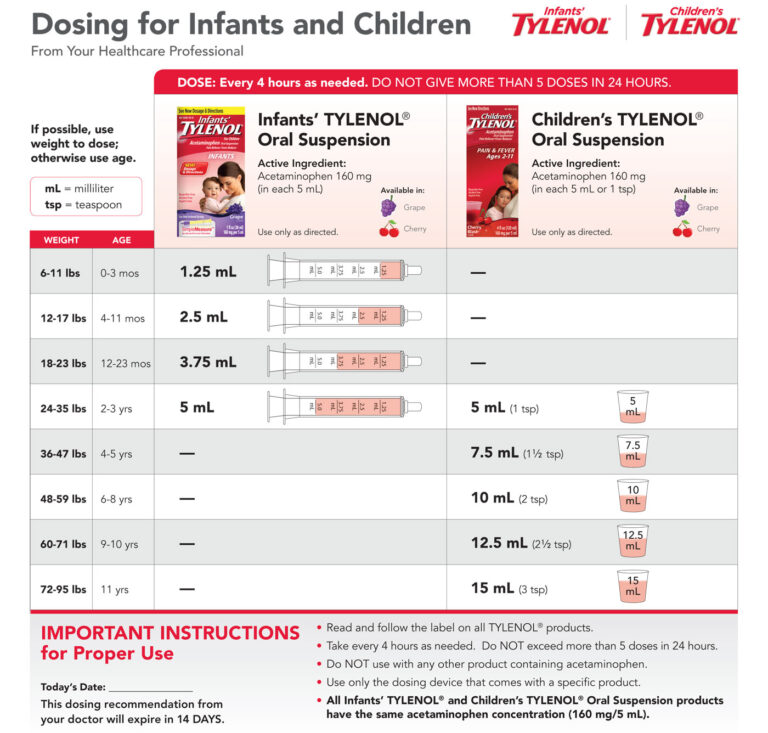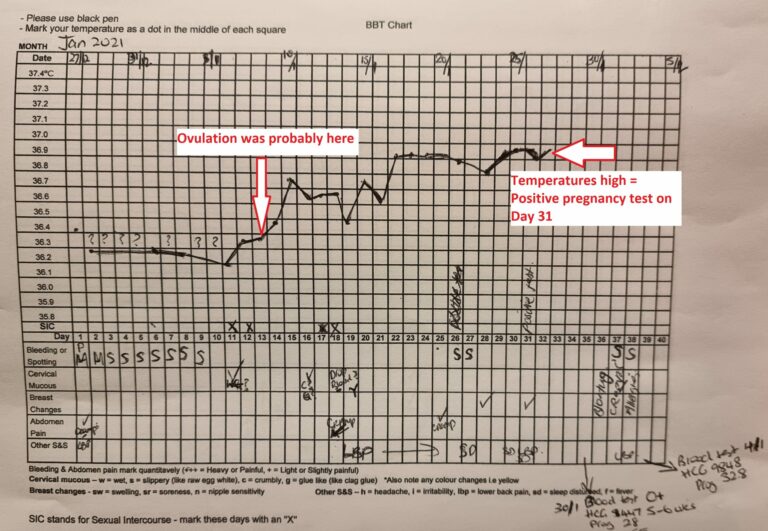Native American Boy Names: A Journey into Cultural Identity
Native American boy names carry a profound significance, reflecting the rich cultural heritage and spiritual beliefs of indigenous communities. Each name tells a story, connecting the bearer to their ancestors, the land, and the natural world. From traditional practices to contemporary trends, this exploration delves into the fascinating realm of Native American boy names, uncovering their origins, meanings, and the cultural sensitivity surrounding their use.
Throughout history, Native American cultures have developed unique naming customs, influenced by tribal traditions, family lineage, and spiritual connections. Names were often bestowed based on the child’s personality, physical attributes, or significant events. This practice fostered a deep sense of belonging and identity within the community.
Native American Boy Names: Cultural Significance
In Native American cultures, names hold immense importance, serving as a bridge between an individual’s identity and their ancestral heritage. Traditionally, names were bestowed upon children through sacred ceremonies, reflecting the child’s unique qualities, aspirations, and connection to the natural world.
Traditional Naming Practices and Customs
The process of naming a Native American boy was often steeped in tradition and symbolism. Names were typically chosen by elders or spiritual leaders, who sought guidance from dreams, visions, or observations of the child’s personality. These names often reflected the child’s physical attributes, such as “Running Bear” or “Eagle Eye,” or their character traits, such as “Brave Heart” or “Wise Owl.”
Examples of Names and Their Meanings
- Aponi: “butterfly”
- Bear Heart: “strong and courageous”
- Charging Bull: “determined and powerful”
- Cloud Walker: “spiritual and connected to the sky”
- Dancing Wolf: “agile and free-spirited”
Types of Native American Boy Names

Native American boy names can be categorized into several distinct types, each with its own unique origins and meanings. These types include:
Nature-Inspired Names
Many Native American boy names are inspired by the natural world, such as animals, plants, and celestial bodies. These names often reflect the child’s connection to the environment and their tribe’s cultural beliefs. Examples include:
- Akoni (Hawaiian): “thunder”
- Ataahua (Maori): “beautiful”
- Canyon (Navajo): “canyon”
Descriptive Names
Descriptive names are based on a child’s physical or personality traits. These names can describe the child’s appearance, such as their hair color or eye color, or their性格, such as their bravery or wisdom. Examples include:
- Aponi (Hopi): “bear”
- Makota (Lakota): “brave”
- Taheo (Maori): “cheerful”
Historical Names
Historical names are given to children to honor a significant person or event in their tribe’s history. These names can be passed down through generations and carry a deep cultural significance. Examples include:
- Sitting Bull (Lakota): “leader of the Lakota Sioux during the Battle of Little Bighorn”
- Geronimo (Apache): “Apache warrior and leader”
- Pocahontas (Powhatan): “daughter of a Powhatan chief”
Spiritual Names
Spiritual names are given to children to reflect their spiritual beliefs and connection to the divine. These names often have a deep meaning and are chosen carefully by the child’s parents or elders. Examples include:
- Aponi (Hopi): “spirit”
- Chiapas (Maya): “water”
- Wahoo (Lakota): “sacred”
Name Selection Process
Choosing a Native American boy name is a significant and meaningful process steeped in tradition. Names are not merely labels but carry deep cultural and spiritual significance, connecting individuals to their heritage and community.
Traditionally, the name selection process involves careful consideration of various factors, including family history, clan affiliations, and spiritual beliefs. Elders and respected members of the community often play a crucial role in guiding the naming process, ensuring that the chosen name honors the child’s lineage and cultural identity.
Family History and Clan Affiliations
Family history and clan affiliations hold great importance in Native American cultures. A child’s name may be chosen to honor a respected ancestor or to reflect the family’s clan affiliation. Clans are extended family groups with shared lineage and traditions, and a child’s name may serve as a symbol of their membership within the clan.
Spiritual Beliefs
Spiritual beliefs also play a significant role in the name selection process. Some Native American cultures believe that names have the power to influence a child’s life and destiny. As such, names may be chosen to invoke specific qualities or characteristics, such as strength, courage, or wisdom.
Stories and Anecdotes
The naming process is often accompanied by stories and anecdotes that convey the significance of the chosen name. These stories may be passed down through generations, adding to the richness and meaning of the name. In some cases, a child may be given a name that reflects a particular event or experience that occurred during their birth or early life.
Contemporary Use of Native American Boy Names
Native American boy names continue to hold cultural significance and have gained popularity in modern society. Their unique sound, rich history, and connection to nature appeal to many parents.
Reasons for Popularity
- Cultural Appreciation: Many non-Native American parents appreciate the cultural heritage and symbolism associated with Native American names.
- Distinctive Sound: Native American boy names often have a distinct and rhythmic sound that sets them apart from common names.
- Connection to Nature: Many Native American names are inspired by nature, evoking images of animals, landscapes, and natural phenomena.
Notable Individuals
Several notable individuals have Native American boy names, including:
- Dwayne Johnson (The Rock): His full name is Dwayne Douglas Johnson, and his father was a Black Nova Scotian with Irish ancestry, while his mother was a Samoan. Johnson has said that he is proud of his Samoan heritage and that his name reflects his cultural background.
- Russell Means: He was an Oglala Lakota actor and activist. His name, “Means,” is a common Lakota name that means “chief” or “leader.”
- Wes Studi: He is a Cherokee actor known for his roles in films such as Dances with Wolves and The Last of the Mohicans. His name, “Studi,” is a Cherokee word that means “panther.”
Cultural Sensitivity and Appropriateness
The use of Native American boy names holds significant cultural and historical implications. It’s crucial to approach this topic with utmost respect and sensitivity.
Cultural appropriation occurs when individuals adopt elements of a culture that is not their own without understanding or acknowledging its significance. This can be offensive and disrespectful, as it undermines the cultural heritage of the original group.
Guidelines for Respectful Use
- Educate Yourself: Research the cultural significance of the name and its tribe.
- Seek Permission: If possible, consult with a member of the tribe to ensure your use is respectful.
- Understand the Context: Consider the name’s historical and cultural background to avoid trivializing its meaning.
- Avoid Stereotypes: Steer clear of using names associated with negative stereotypes or caricatures.
- Use the Correct Pronunciation: Pronounce the name accurately, as it reflects the cultural heritage of the tribe.
Questions and Answers
What is the importance of names in Native American cultures?
Names play a vital role in Native American cultures, serving as a connection to family history, clan affiliations, and spiritual beliefs. They often reflect the child’s personality, physical attributes, or significant events.
How are Native American boy names traditionally selected?
Traditionally, Native American boy names were chosen by elders, family members, or spiritual leaders based on factors such as the child’s personality, physical attributes, family history, and spiritual beliefs.
Is it appropriate to use Native American boy names for non-Native children?
Using Native American names without cultural context or understanding can be perceived as cultural appropriation. It is important to approach the use of Native American names with respect and sensitivity, acknowledging their deep significance for indigenous communities.





